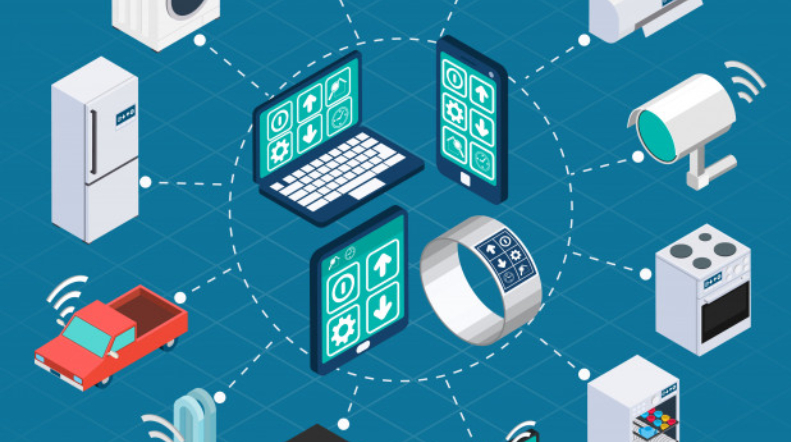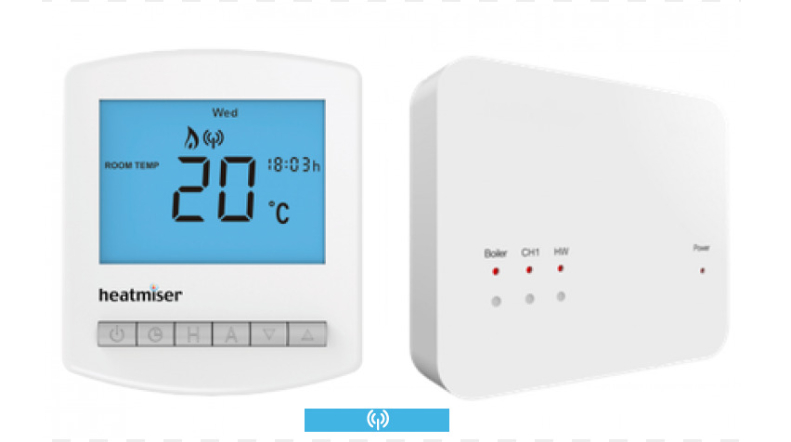Covid-19 outbreak circled the globe in a short time, causing the greatest challenge ever witnessed by humans since the world war. Some of the most notable challenges include taking strict quarantine measures and social distancing, forcing many people to work from home. Our Smart Home Automation Pros are taking the initiative of using proactive and innovative smart precautions to protect customers during the Covid-19 pandemic.
Working from home means that more online activities are going on all at the same time than there were before the pandemic. The streaming of many online events tax Wi-Fi traffic and increase the risks of cybersecurity. The provision of the essential services by the Smart Home Automation Pros helps all the stakeholders to work securely from home. They also help homes and businesses maintain safety and wellbeing during the lockdown.
Risks of working from home
While working from home may be the only feasible solution during the pandemic, it comes with several risks. The two predominant risks are:-
Cyberattacks
Re-distribution of workplaces from one central place gives rise to several virtual collaboration platforms, which in turn widens the cyber-attack surface. If not addressed in time and effectively, cyber-attack threatens the provision of essential services and the overall digital infrastructure.
Phishing
Using emails as a means of communication between different parties is one of the most popular strategies as people work from home. Unscrupulous people come up with opportunities to take advantage of vulnerable users by phishing emails and sending scam messages. The result could be the loss of private information and income.
Smart precautions to take for cybersecurity during Covid-19
Staying safe and secure from cyberattacks during the pandemic and lockdown starts with you. The following tips from our smart home automation pros will guide you in maintaining a home office with the best cybersecurity.
Do not bring devices that you do not need at home
The first rule to staying safe is by protecting devices and crucial information against any loss. The only way to do this is by taking home only the data and devices you need and leaving the rest in the office. By doing this, you avoid losing anything in transit or your home.
Use secure connections for communication to safeguard your home network
Since you will work more from home than you will be from the office, you need to improve your home network security for better protection. You can do this by using a more robust WLAN encryption, such as a password, which is more complicated than a name or birthdays. You can also add ore security by using a VPN before exchanging or accessing any sensitive information.
Update software regularly
Data traffic passing through a router that connects other devices that include smart home appliances, may not reflect the latest changes, paving the way for hackers. To ensure that you protect all the gadgets and information, allow for automatic updates of all the software.
Use voice assistants and webcams only when you need to
Please do not leave your voice assistants on when you do not need them as they may transmit private information to the wrong people. Also, ensure that your webcam is not on when you are discussing private matters in your home. Only share what you deem necessary and essential when using the video function.
Distinguish between business and personal device usage
Keep your personal and business devices strictly far from each other. Do not transfer any of your work to your business devices or vice versa. Making a clear distinction helps to keep the intended outflow of information at its right place. Separating the two also helps to remove any confusion when choosing between “at work” and “at home” projects.
Verify the identity of all video conferencing participants
Instead of the usual in-person meetings, people are now turning to teleconference and video conferencing. However convenient it is to simplify working from home using these methods, it is also not easy to verify that everyone you are chatting with has an invite to do so.
Unauthorized people with dial-in data can easily sneak into online meetings, especially those with a large number of participants. It is, therefore, crucial for all the people to identify themselves first before the start of the video conference, especially if the topic presented on the table is sensitive.
Always remember to log off
It would be best if you were very careful about information theft, even in your own home. To avoid this from happening, ensure that you log off from your computer or mobile phone, even if you are taking a short break.
Remember that you may be working on sensitive information that you need to protect at all times. Therefore, do not share your locking patterns or passwords with anyone around you. In other words, trust only you.
Do not be in a rush to open suspicious emails
During this Covid-19 pandemic, many people are receiving emails touching on different ways to get through the situation. Hackers and phishers are taking advantage of the pandemic to send emails to vulnerable unsuspecting people. If you are suspicious of an email, trust your guts and do not open it. Take time to examine each email you receive thoroughly, especially if the source is unknown to you.
Wrapping it up
The need for connectivity during this period of the Covid-19 pandemic is immense. People working from home are using processes such as emails, video conferencing, and social media platforms as a means of passing information now more than before. Besides people working from home, we also have children going through online schooling.
Besides increasing Wi-Fi traffic, working from home also increases the likelihood of opening the networks to cyberattacks. Cybersecurity is crucial to protect the devices and the information passing from one person to the next. The above tips by Smart Home Automation Pros guide you through all the smart precautions to take during the Covid-19 pandemic.

 10236
10236


